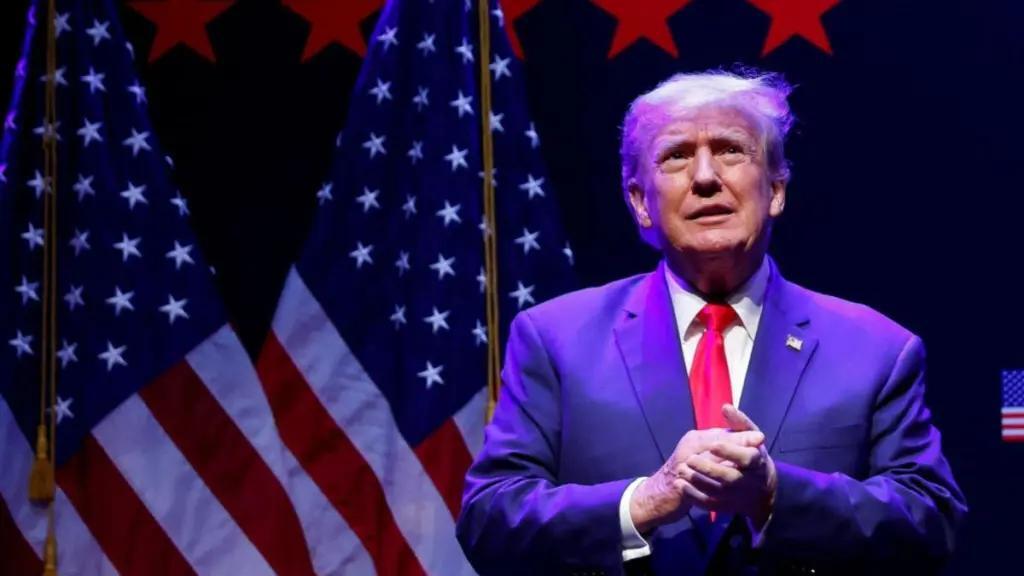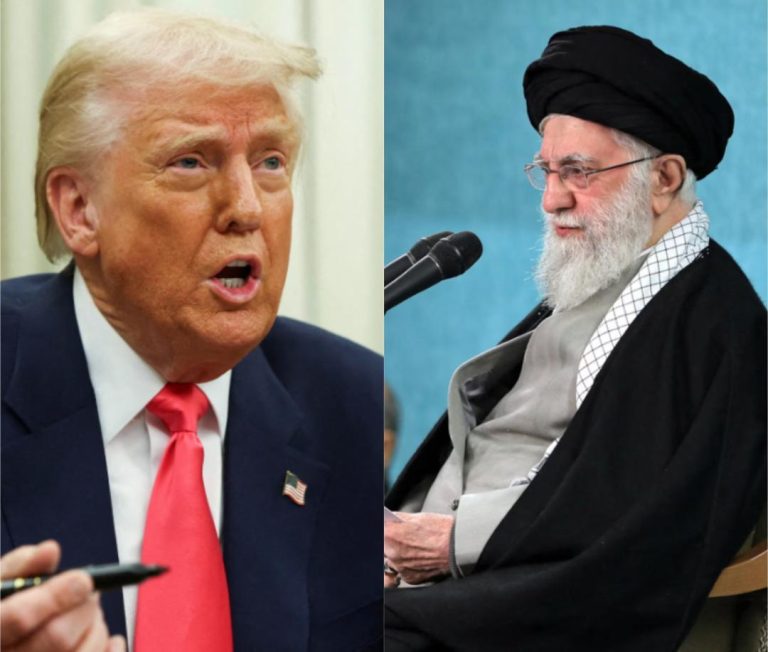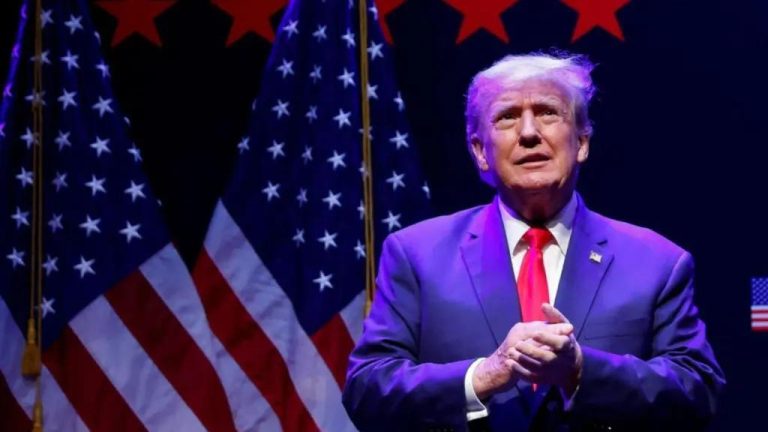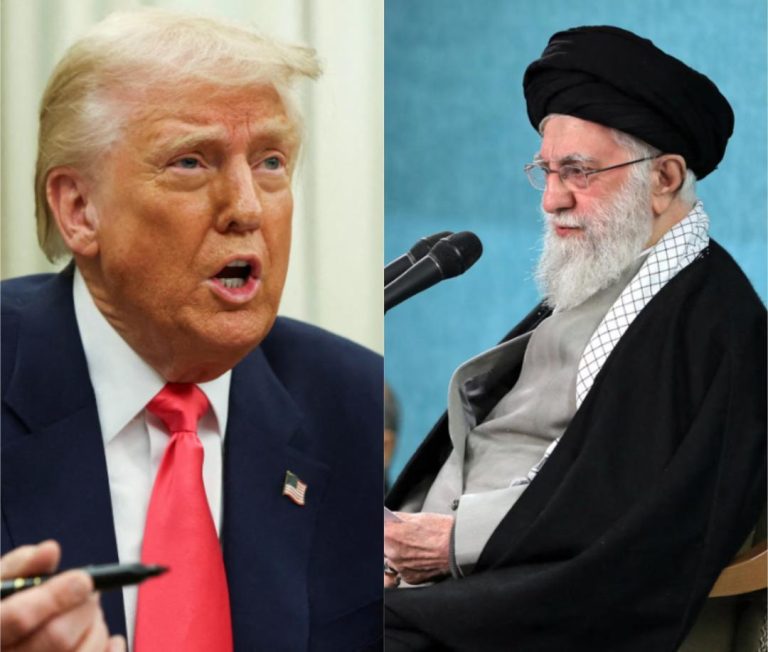
Donald Trump Exempts Smartphones & Computers from Reciprocal Tariffs
In a move that has sent shockwaves through the tech industry, United States President Donald Trump has excluded smartphones, computers, and other electronic items from the reciprocal tariffs, including the 125% tariffs he imposed on Chinese goods, according to a Customs and Border Patrol notice. This decision comes amid concerns by tech giants, including Apple, that gadget prices may rise due to Trump’s tariffs, as many of them are manufactured in China.
The reciprocal tariffs, which were imposed in September, were a response to China’s imposition of tariffs on $75 billion worth of US goods, including agricultural products, aircraft, and automobiles. The tariffs were seen as a way to level the playing field and reduce the trade deficit between the two countries.
However, the tech industry has been vocal about the potential impact of the tariffs on their businesses. Many tech companies, including Apple, Google, and Amazon, have manufacturing facilities in China, and the tariffs could increase the cost of production and ultimately lead to higher prices for consumers.
Apple, in particular, has been worried about the impact of the tariffs on its business. In September, the company warned that the tariffs could increase the cost of its products by up to 20%. The company has also been exploring ways to mitigate the impact of the tariffs, including by increasing production in the US and by using components that are not manufactured in China.
Other tech companies, such as Google and Amazon, have also been affected by the tariffs. Google has been forced to increase the cost of its Pixel smartphones, while Amazon has been exploring ways to reduce its dependence on Chinese manufacturing facilities.
Despite the concerns of the tech industry, the Trump administration has been insistent that the tariffs are necessary to protect American jobs and industries. In a statement, a White House official said, “The tariffs are an important tool in our efforts to promote American jobs and industries, and to address the unfair trade practices of China.”
The exemption of smartphones, computers, and other electronic items from the reciprocal tariffs is seen as a significant concession to the tech industry. The exemption will allow tech companies to avoid paying the tariffs on these products, which could help to reduce the cost of production and ultimately lead to lower prices for consumers.
However, the exemption is not a blanket exemption, and some products will still be subject to the tariffs. For example, smartwatches and headphones will still be subject to the tariffs, as will products that are assembled in China but contain components that are manufactured outside of the country.
In conclusion, the exemption of smartphones, computers, and other electronic items from the reciprocal tariffs is a significant development in the ongoing trade war between the US and China. While the tech industry has welcomed the exemption, the Trump administration has emphasized that the tariffs are necessary to protect American jobs and industries. As the trade war continues to unfold, it remains to be seen what other concessions will be made and how the tech industry will adapt to the changing landscape.






